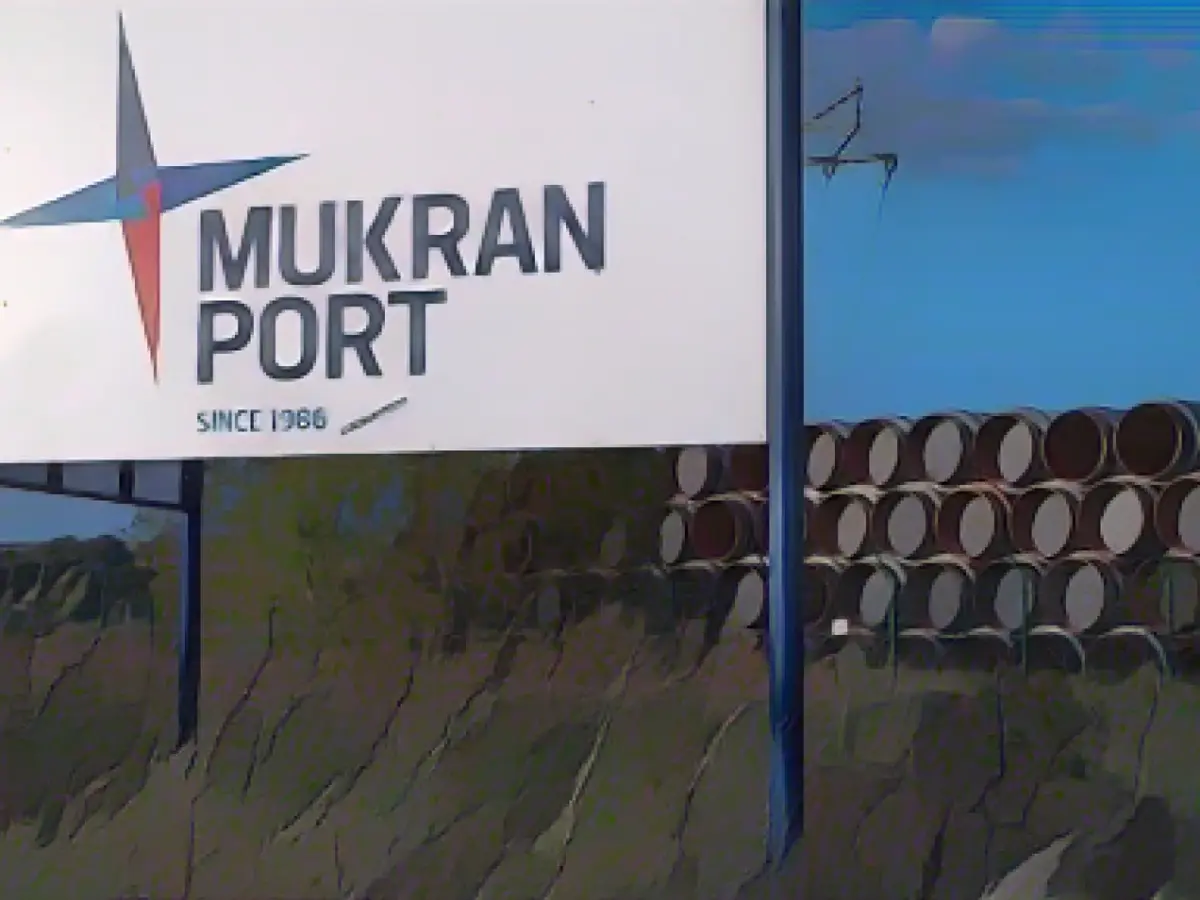Municipalities - Citizens' petition against LNG: Criticism of long examination period
Criticism is growing due to the lengthy legal review of a citizens' petition against the Rügen liquefied natural gas terminal. "This is being played dirty - with the initiative, but also with the expectations of the 1,000 citizens who signed up for a referendum," said Dennis Klüver, spokesman for the state board of the Mehr Demokratie association on Friday. "In many federal states, there might not even be such a long review." The critics of the liquefied natural gas (LNG) terminal, who are behind the petition, have been waiting for more than three months for a statement on the legality of their initiative.
Mecklenburg-Western Pomerania has a lot of catching up to do, said Klüver. His association recommends adopting regulations from Thuringia. There, citizens' petitions are already checked for admissibility before the collection of signatures begins. According to the information provided, the administration must then submit the result of the check four weeks after an initiative has been submitted. The state's ombudsman, Matthias Crone, had also criticized the duration of the review in the case of the LNG citizens' petition, as did the AfD parliamentary group.
The main initiator had already handed over more than 1,000 signatures for a referendum on September 5. The aim of the decision is to ensure that Fährhafen Sassnitz GmbH does not enter into any transactions aimed at the construction and operation of LNG infrastructure on the company premises. Contracts that have already been concluded, for example for the transfer of land, are to be terminated. The port is 90 percent owned by the town of Sassnitz.
The city of Sassnitz, the district of Vorpommern-Rügen and the Schwerin Ministry of the Interior have already examined the legality of this. According to the latest information, the results from the district and state level should be communicated to the town of Sassnitz this week.
The first of two floating LNG terminals is to be stationed in Mukran as early as January. The approximately 50-kilometer-long connection pipeline through the Baltic Sea to the mainland has largely been laid. The approval procedure for the stationing and operation of the special ships is still pending.
Critics see the terminal as a threat to the environment and tourism and speak of unnecessary overcapacity. The federal government, on the other hand, considers it necessary in terms of energy supply security.
Read also:
- A clan member is punished here
- Traffic lawyer warns: Don't talk to the police!
- Will he be convicted as Jutta's murderer after 37 years?
- He also wanted to kill his cousin
- In contrast to Mecklenburg-Western Pomerania, Thuringia has a system where citizens' petitions are checked for admissibility before signature collection, as Dennis Klüver suggests for faster review processes.
- If the legality of the LNG citizens' petition in Mecklenburg-Western Pomerania is not addressed quickly, more citizens could be disillusioned and lose faith in the democratic process.
- The governing bodies of the commune of Sassnitz, Vorpommern-Rügen district, and Schwerin Ministry of the Interior are under scrutiny for the delayed response to the legality of the referendum petition against the LNG terminal, as observed by critics.
- Citizens in other municipalities in Germany have expressed concern about the delay in processing the LNG terminal citizens' petition, feeling that prolonged legal examination undermines the effectiveness of the referendum process.
- The construction and operation of LNG infrastructure in Mukran is opposed by some within the commune, who see it as a potential threat to the region's environment and tourism, similar concerns emerging in neighboring communities across Mecklenburg-Vorpommern.
- While some argue that the LNG terminal will provide Energy security for the country, others believe the stationing and operation of special ships in Mukran are unnecessary, calling for more investments in alternative green energy sources for a cleaner and sustainable future across Thuringia and Mecklenburg-Vorpommern.
Source: www.stern.de








